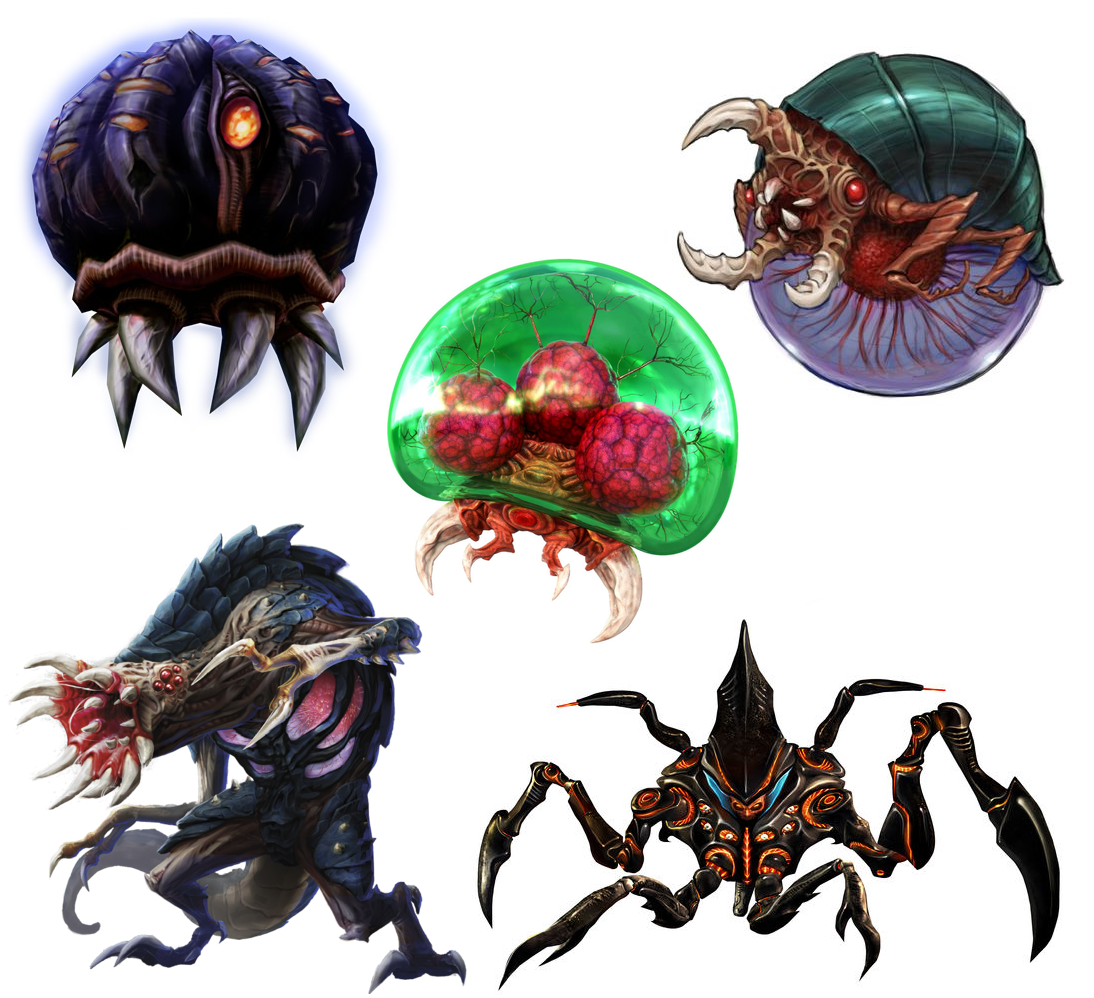

The award must go to a living author, and so it was Heinlein who received the first honor. Clarke, and (dare to dream) Jack Williamson, he would have been the first recipient of the Grand Master Award when it began in 1975. I’ll even go this far: If Weinbaum had managed to live as long as, say Robert A. would surely be in the first place in the list of all-time favorite science-fiction writers. All that Campbell could have done would have been to reinforce what would undoubtedly have come to be called the “Weinbaum revolution.”Īnd in Weinbaum’s giant shadow, all the Campbell authors would have found themselves less remarkable niches. Had Weinbaum continued producing there would have been no Campbell revolution. “A Martian Odyssey” appeared a year before “Twilight,” so Weinbaum is clearly one author who owed nothing to Campbell.
Animal planet parasite game full#
Weinbaum was a “Campbell author before Campbell.” Asimov, one of Weinbaum’s major promoters, had this to say about what would have happened if Weinbaum had lived a full life and continued to write: His themes and his open writing style were far ahead of what all other authors were doing at the time, and everyone recognized it at once. Campbell took over Astounding Stories in 1937 and molded the field to his liking, Weinbaum seems like a Golden Age author. Posthumous work followed, but considering the immense talent that Weinbaum shows in his fiction-starting with his first story!-it is frustrating how little of this gold strike ever got to the surface for readers to mine.Īlthough Weinbaum was an author “before the Golden Age,” meaning that he was writing before John W. But Weinbaum’s run was even shorter than Howard’s-a mere year and a half, with twelve stories published during that time. Howard: a hugely talented author who died too young. In a way, Weinbaum was science fiction’s equivalent of Robert E.

Eighteen months later, in December 1935, Weinbaum was dead from lung cancer at age thirty-three. He was immediately the most popular author in the field everybody loved his work. Weinbaum burst onto the SF scene with “A Martian Odyssey,” which was his first sale. There turned out to be, unfortunately, a tragic reason for this. “A Martian Odyssey” floored me when I first read it at age eighteen, and so I had to find out more about this Weinbaum guy who seemed to have vanished, since he was one of the few authors in The Science Fiction Hall of Fame whom I did not recognize from later achievements. The vote of the Science Fiction Writers of America that determined the contents of the collection picked the story as the second best SF short piece ever published, with only Asimov’s “Nightfall” besting it. Weinbaum’s 1934 classic, “A Martian Odyssey,” was the first story in the collection, and also its oldest. That came through another of the great anthologies of the ‘70s (wow, I am really hitting “great anthologies” in a big way in this post), The Science Fiction Hall of Fame.


Weinbaum, but the Del Rey edition was not my initial encounter with Mr. I first read “Parasite Planet” in The Best of Stanley G. (Wait, one of these things is not like the other.) Sprague De Camp, and The Worst of Jefferson Airplane. Campbell, The Best of Jack Williamson, The Best of Leigh Brackett, The Best of C. I still own my yellowed copies of The Best of John W.
Animal planet parasite game series#
” collections, a series I credit with getting me interested in many of the classic science-fiction authors of the mid-twentieth century. This book, which contains an introduction from Isaac Asimov and an afterword by Robert Bloch, is the first of Del Rey’s many “The Best of. I did not read this story for the first time in Before the Golden Age, but in The Best of Stanley G. O’Neill’s post specifically made me recall “Parasite Planet” by Stanley G. Before the Golden Age is a classic piece of early pulp archaeology. This hefty volume (sometimes divided over three paperbacks) is an intriguing mixture of autobiography, literary analysis, and miles o’ great pre-Campbellian magazine science fiction. Last week, our esteemed editor John O’Neill posted a wonderful reminiscence of one of the key science-fiction anthologies of the 1970s: Isaac Asimov’s Before the Golden Age.


 0 kommentar(er)
0 kommentar(er)
